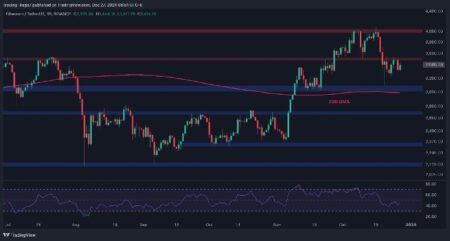Mayor Steven Fulop of Jersey City recently announced plans to invest a portion of the city’s pension fund in Bitcoin exchange-traded funds (ETFs), marking a significant step towards integrating cryptocurrency into municipal financial strategies. This move comes after the Wisconsin Pension Fund allocated 2% of its assets to Bitcoin ETFs in the second quarter, and experts predict that other states will soon follow suit.
Fulop, who has been a long-time advocate of crypto and blockchain technology, believes that digital assets are here to stay and have emerged victorious. He views blockchain as one of the most important technology innovations since the internet. The SEC’s approval of spot Bitcoin ETFs earlier this year paved the way for public pension funds to consider such investments, though Jersey City and Wisconsin are among the few public entities currently exploring this avenue.
While some major financial institutions have shown limited engagement with Bitcoin ETFs, Fulop’s decision indicates a growing acceptance and recognition of the potential of digital assets. The city aims to complete the implementation of Bitcoin ETFs in the pension fund by the end of the summer, with Fulop expressing confidence that such investments will become more common in the future.
Following Fulop’s announcement, Bitcoin saw a positive reaction in the market, trading at $66,000 at the time of press. With a market capitalization of $1.3 trillion and a 24-hour trading volume of $38.29 billion, Bitcoin remains the top-ranked cryptocurrency by market cap. The total crypto market is currently valued at $2.34 trillion, with Bitcoin dominance at 55.31%.
Overall, the decision by Jersey City to invest in Bitcoin ETFs reflects a growing trend of public entities recognizing the value of digital assets. With more states expected to follow suit and diversify their portfolios with cryptocurrency investments, the future of crypto in municipal financial strategies looks promising. As Bitcoin continues to gain traction in mainstream finance, its role in traditional investment portfolios is likely to expand.



















